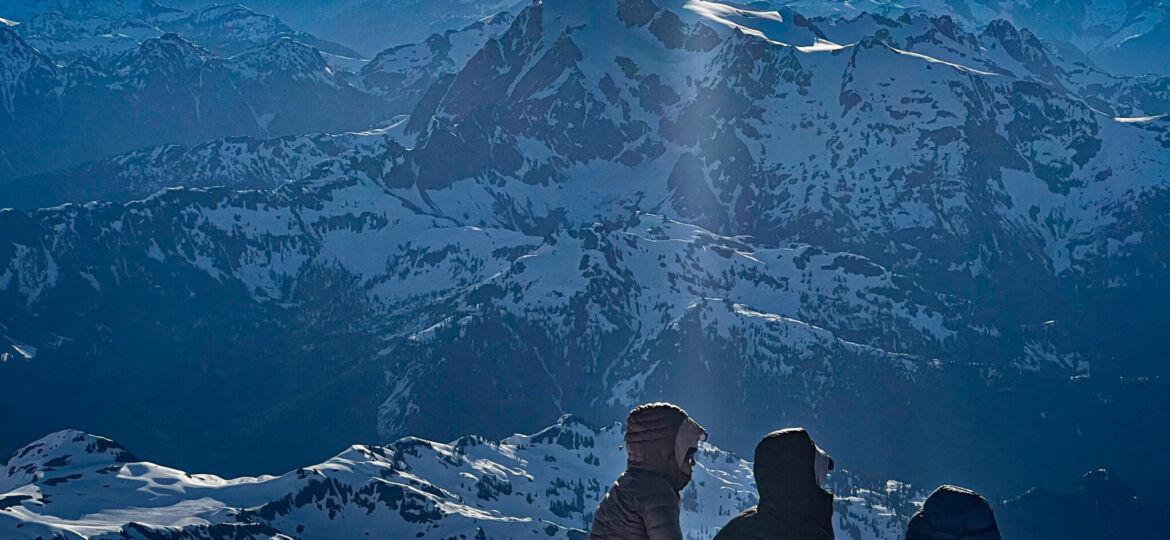
A recent climb of Mt Baker taught me a lot about teaming. It is the practice of working together as a team to achieve an objective. In our case it was to climb the 10,785 ft high Mt Baker, in the North Cascades and return to the trailhead safely. The biggest challenge on the mountain is avoiding the many life threatening crevasses. To counter this risk, we travelled in what is known as a rope team. Each team member connected to a single rope, if one person fell in, the rest of the team members can pull them out. While that may be interesting, this post isn’t about glacier travel, it is about teaming.
A perfect learning environment
Travelling as a rope team provided the perfect opportunity to hone our teaming skills, if only we had realized that. Instead, we set off as a team with clear directions about what to do in a crevasse rescue scenario. This was obviously critical, but we neglected to talk much about to how work as the team outside of a crevasse rescue. In fact, 100% of our time together didn’t involve crevasse rescue. Our biggest challenge was how to move smoothly as a team of four climbers roped together.
That may sound easy, but let me assure you it isn’t. If the rope gets tight, there is a danger of pulling a team mate over. If it is slack, you risk trip hazards as the rope gets under other climbers feet. You are also walking up a mountain with changing slope angle. Imagine cresting a ridge, you are now on the flat so you speed up but the rest of the team is still climbing the steep slope before the ridge. You have to anticipate and travel at the speed of the slowest climber.
Focus on learning teaming fundamentals
So why am I sharing this in a leadership article? It turns out travelling as a rope team is just like working on a team a work. You form a team to achieve a specific objective but spend most of your time working together on mundane activities. This is where teams can get themselves into trouble. In our rope team, we hadn’t discussed how we were going to judge if we were performing well. Without that, we didn’t discuss how we were doing. Instead, if things didn’t work well, our frustration with each other grew without a productive outlet. We would have been better served with a conversation upfront about how we were going to work together and what we do if it wasn’t working well.
This is the same for every team at work. What discussions have you had about how you are working together? The good news is you don’t have to climb a mountain to learn how to team, you have the opportunity to practice everyday.


Love this Andy!
You are so right to highlight how we find it natural to focus our preparation on crisis and forget about the “mundane” day-to-day sense of being together as a team.
While it is true, that we have to be prepared for a crisis in such a way that we have adequate “automated” responses, the trust we can build by dealing well with mundane activities is just as important for a team’s ability to develop its ability to perform at the top of its ability .. i.e. to outperform itself.
Thank you Francoise. Great point that trust is built through the more mundane, day to day activities. So true!